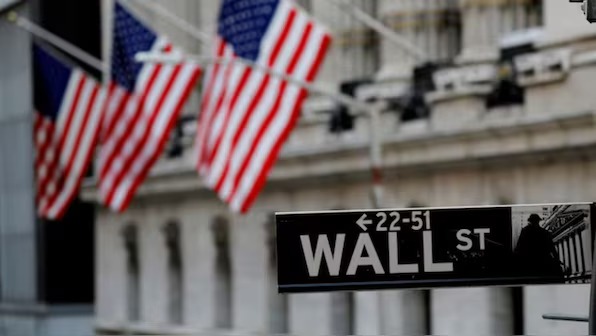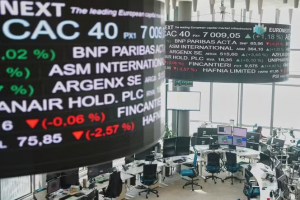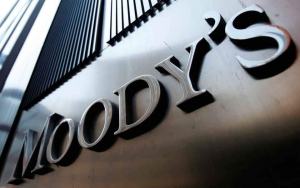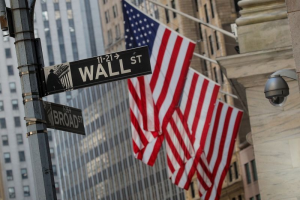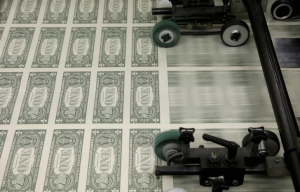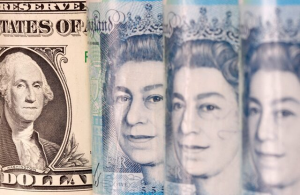U.S. stocks reversed opening gains around midmorning and stayed mired in red the rest of the day as inflation fears reignited.
Stocks initially rose, overlooking the larger-than-expected average hourly wage gain in the monthly jobs report but couldn't look past a jump in consumer inflation expectations in the University of Michigan sentiment survey and new tariff threats from President Donald Trump.
Trump said on Friday he would announce reciprocal tariffs next week on many countries but didn't specify which countries. Many economists have come out against tariffs, saying they would be inflationary.
Meanwhile, inflation worries have seeped into consumers' psyches. The University of Michigan's consumer sentiment survey for February showed year-ahead inflation expectations jumped to 4.3% from 3.3% the prior month. That was the highest reading since November 2023 and marked two consecutive months of unusually large increases, Joanne Hsu, the survey's director.
"This is only the fifth time in 14 years we have seen such a large one-month rise (one percentage point or more) in year-ahead inflation expectations," Hsu said. "The current reading is now well above the 2.3-3.0% range seen in the two years prior to the pandemic."
The broad S&P 500 index closed down 0.95%, or 57.58 points, at 6,025.99; the blue-chip Dow shed 0.99%, or 444.23 points, to 44,303.40; and the tech-laden Nasdaq fell 1.36%, 268.59 points, to 19,523.40. The benchmark 10-year yield rose to 4.489%.
New inflation fears and tariff uncertainty, coupled with this morning's healthy jobs report, will continue to keep the Federal Reserve's interest rate policy frozen, economists said.
In January, 143,000 new jobs were created, less than the Dow Jones average of economists of 169,000. However, the prior two months were revised up by a whopping 100,000, depicting an even more robust picture of the labor market at the end of 2024. December, alone, was revised up to 307,000 from 256,000, making that number the biggest in almost two years.
The jobless rate fell to an eight-month low of 4.0% in January, better than forecasts for the rate to hold at December's 4.1%. Over the last 12 months, average hourly earnings rose to 4.1%, outpacing overall inflation near 3% and economists' average forecast for 3.7%, according to Dow Jones.
"This simply gives the Fed little reason to cut policy rates immediately," said Seema Shah, chief global strategist at Principal Asset Management. "More importantly, as the Trump administration’s policies have the potential to significantly impact both the labor market picture and the inflation outlook, there is every reason to keep rates on hold for now."
Stephen Brown, deputy chief North America economist at research firm Capital Economics went as far as to say he thinks the Fed will stay sidelined all year. Bank of America economists said in a note the jobs report "bolsters our confidence that the Fed cutting cycle is over."
Treasury yields rose on the renewed inflation worries and diminishing expectations for Fed rate cuts, economists said.

